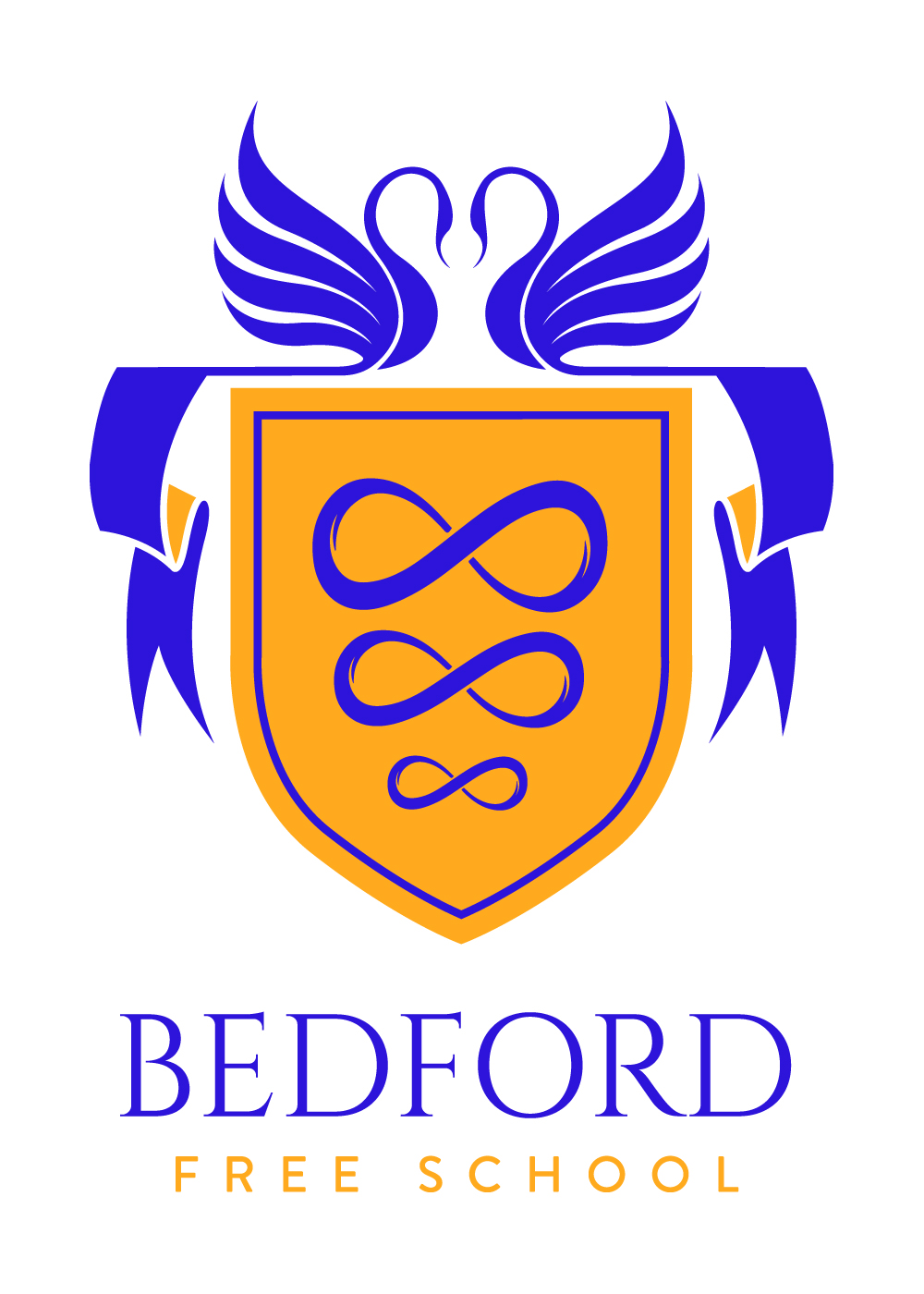
Our pupils develop their knowledge to provide a secure understanding of English, British and subsequently world history well into the twentieth century.
The curriculum is chronological and begins in Year 7 with the early development of England under the Romans. We go on to study the formation of an English nation under the Anglo-Saxons, and then the medieval world and the influence of the crusades. We end Year 7 with the Wars of the Roses.
In Year 8 our pupils study Tudor England and follow both the European and English Reformations before moving on to the Age of Absolutism – looking at Charles I and Louis XVI, and the part that the Scientific Revolution and the Enlightenment played in both. Year 8 ends with a study of Empire, and then how the British industrialised and the connotations for the rest of the world.
Year 9 is based largely on 20th century world events – using the First World War as a starting point, and we study the fallout of the Great War in Europe and the new world order that emerged with America as a new superpower. The steps to war of the 1930s are catalogued, before a study of Britain in the Second World War and the Holocaust. Our Year 9 curriculum ends with a comprehensive study of the Civil Rights Movement – from the origins of peaceful protest in the 50s to the legislation and later violence of the 60s. We also study The Vietnam War to provide the context of how Civil Rights gripped the nation domestically and had wider reaching implications for foreign affairs and the Cold War.
The purpose of Key Stage 3 in History is to provide communal knowledge that enables pupils to become educated and culturally literate so that they can engage in conversations about the past, current affairs, and ultimately join the community of educated citizens.
Our Current Y11 are studying Edexcel History:
Our current Y10 are following OCR History:
We encourage parents to take an interest in their child’s learning in history and help to quiz them on their knowledge at home as much as possible. It would also be beneficial if pupils are reading around their areas of study in any way possible to supplement their learning – especially in Key Stage 3, as this will offer even more context to our learning and offer and even greater sense of period.
We recommend that all Y10 pupils have purchased the following textbooks:
Mr Normanton, Head of History: [email protected]